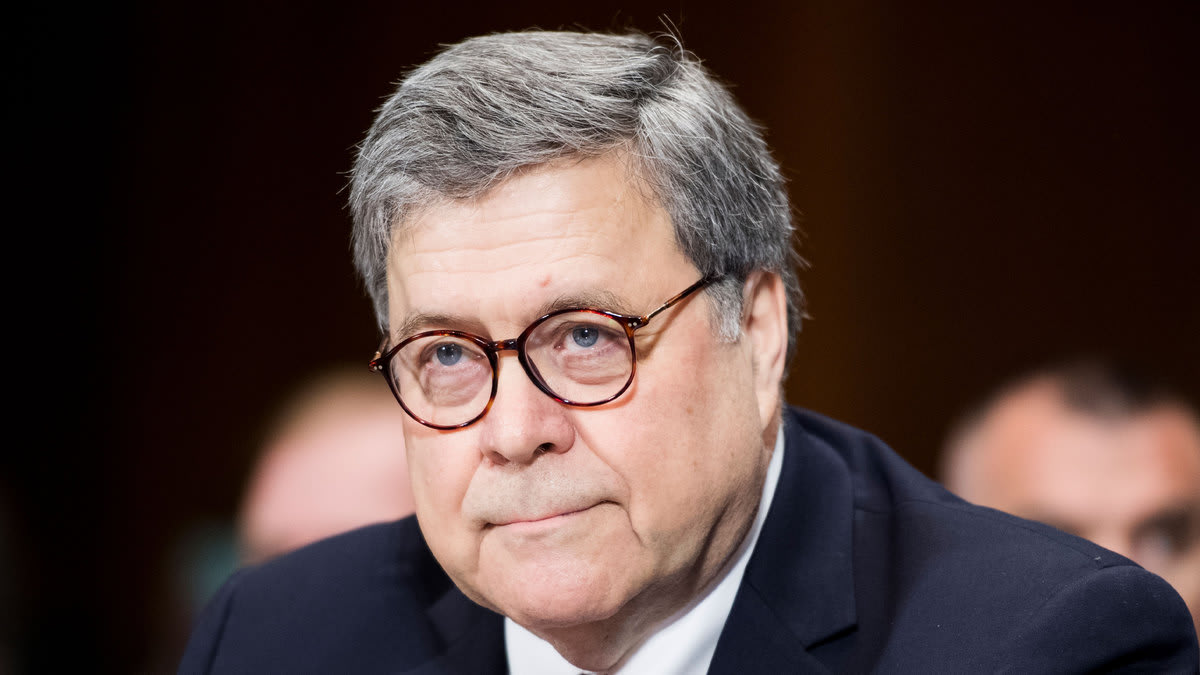In order to obtain a temporary restraining order or a preliminary injunction it is necessary, in the usual formulation, to persuade the court that the applicant for interim relief is likely to succeed on the merits. That burden applies too when one is seeking to persuade a higher court to stay an order by a judge.
The psychological effect of obtaining an injunction or an order is that judges granting the order, having declared the likely winner, ise unlikely to change their minds when they have the full record in front of them. Thus we can expect that the Supreme Court will never block Trump's border wall on the environmental grounds asserted by the Sierra Club.
The environmental group, joined by the ACLU, challenged Trump's diversion of $2.5 billion in military pay and pension funds to build his wall on the Mexican border.
As he did a year ago Justice Stephen Breyer dissented, joined by the usual suspects.
Breyer explained last year, in another 5-4 vote, objecting to the majority's grant of a stay, that
If we grant the stay, the Government may begin construction of a border barrier that would cause irreparable harm to the environment and to respondents, according to both respondents and the District Court. The Government’s only response to this claim of irreparable harm is that, if respondents ultimately prevail, the border barrier may be taken down (with what funding, the Government does not say). But this is little comfort because it is not just the barrier, but the construction itself (and presumably its later destruction) that contributes to respondents’ injury. If we instead deny the stay, however, it is the Government that may be irreparably harmed. The Government has represented that, if it is unable to finalize the contracts by September 30, then the funds at issue will be returned to the Treasury and the injunction will have operated, in effect, as a final judgment. Respondents suggest a court could still award the Government relief after an appropriation lapses, though that proposition has yet to be endorsed by this Court. But there is a straightforward way to avoid harm to both the Government and respondents while allowing the litigation to proceed. Allowing the Government to finalize the contracts at issue, but not to begin construction, would alleviate the most pressing harm claimed by the Government ...
The majority instead granted a stay in the now familiar form:
The application for stay presented to JUSTICE KAGAN and by her referred to the Court is granted. Among the reasons is that the Government has made a sufficient showing at this stage that the plaintiffs have no cause of action to obtain review of the Acting Secretary’s compliance with Section 8005. The District Court’s June 28, 2019 order granting a permanent injunction is stayed pending disposition of the Government’s appeal in the United States Court of Appeals for the Ninth Circuit and disposition of the Government’s petition for a writ of certiorari, if such writ is timely sought. Should the petition for a writ of certiorari be denied, this stay shall terminate automatically. In the event the petition for a writ of certiorari is granted, the stay shall terminate when the Court enters its judgment.





